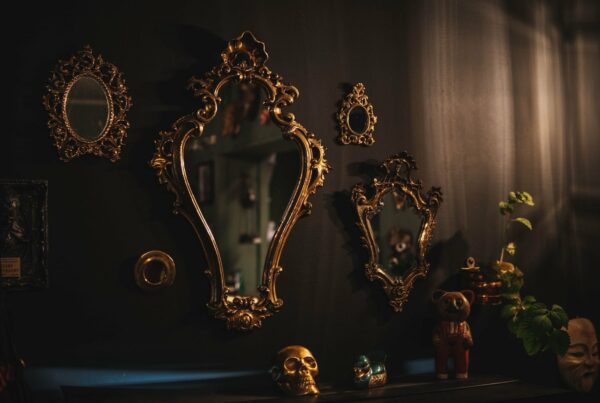I love to complain.
I think that most of us, in our American culture, love to complain. too.
We complain about movies that were bad, we complain about the weather, and we all have stories about near-car accidents where, clearly, the other person was in the wrong. We complain about how we pay too much for too little and how annoying our neighbors are. A lot of small talk that we have with family, co-workers, and friends is really just complaining. It’s a shallow, easy conversation. We eat it up like candy.
Social media has made it easier to complain — arguing with people about politics, pop culture, and religion. But the problem isn’t because of social media. Social media is exposing what was already part of our culture, our hearts, and our own human nature, and making it more public. How many pretend arguments have you won while taking a shower, or walking your dog? Many times, in moments of silence, I fantasize about proving that one person wrong.
However, we resent it when people complain about us. Recently, a co-worker confronted me about how I had done something wrong during one of my lectures. They lightly suggested to me that I should consider a better way of teaching a certain passage. That day, my wife received the Stephen Ray Manifesto of why I thought this person was wrong. I had theological reasons on why my teaching was correct and how I was in the right.
It didn’t dawn on me until a little later that maybe — just maybe — I was so offended because of my pride.
Underneath every complaint and every dispute is pride. Pride, at its core, is me valuing me over others. Complaining and disputing are just manifestations of pride festering in the heart. We as humans are great at putting ourselves first. We, especially Americans, get gold medals for seeking our needs before others’ needs. Didn’t get what you wanted? Well, maybe if you complain the right way, you will. Someone disagrees with you? Well, prove to them exactly how wrong they are.
Pride stands in direct contrast to loving our neighbors.
The apostle Paul knew this when he was writing to the church in Philippi. Paul was with the Philippines and their problem with pride. This whole letter is an encouragement for the church to walk in humility instead of in pride. Paul gives us this little nugget in Philippians 2:14-15:
Do all things without grumbling or disputing, that you may be blameless and innocent, children of God without blemish in the midst of a crooked and twisted generation, among whom you shine as lights in the world (ESV).
Paul knows how toxic pride can be to the Church. In this chapter, where Paul is highlighting the humility and meekness of Christ, he asks the church to follow His example and do all things without grumbling or disputing.
Paul doesn’t just leave it there — he tells us why. When we act counter to the world, we shine. Not taking the offensive, not defending ourselves, being open to being wrong — it is all contrary to the way the world works. We stand out like lights in the world.
So how do we stop complaining and bickering so we can shine? What is the key to killing our pride? Practicing humility.
When I was in college, my friend led a Bible study where he talked about having an unoffendable heart. To have this heart. we must wake up every morning and decide “I’m not going to find offense today.”
Instead of finding offense in things, we can walk in the way of Jesus. Jesus didn’t get what he deserved on the cross. He deserved being exalted as King. Instead, He was wrongly put on trial, found guilty of crimes He didn’t commit and was hung on a tree— robber’s death. And out of His mouth, He said: “Father forgive them, for they know not what they do”.
How much would the gospel be emptied of its power if Jesus looked to the robbers next to Him and said: “Can you believe this? I don’t deserve this! This is all just a big misunderstanding!” Instead, He went willingly, without complaining, humbling Himself.
The choice is ours, are we going to walk in offense, or are we going to shine like lights in this world? Pride or humility? Self or others?
Church, let’s choose humility.




